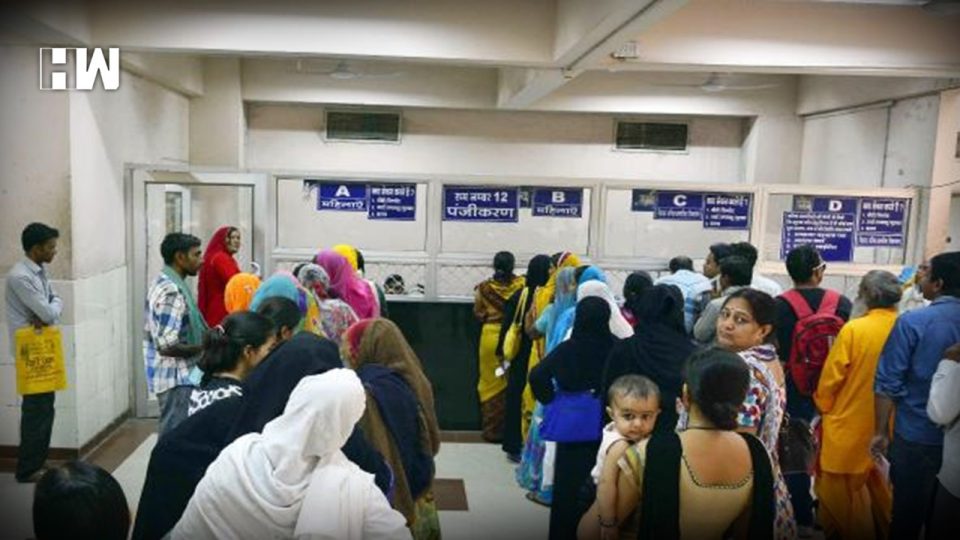A recent study by the Public Health Foundation of India has shown that paying for their own healthcare has driven about 55 million Indians to poverty in a single year. Published in the British Medical Journal, the study was put together by three experts who concluded that a severe disease such as cancer could result in “catastrophic expenditure” for an average-income Indian household.
As part of the study, experts examined nationwide consumer expenditure surveys dating back to 1994 to 2012. Health economists Sakthivel Selvaraj and Habib Hasan Farooqui even analysed the ‘Social Consumption: Health’ survey which was conducted by the National Sample Survey Organisation back in 2014. The experts asserted that non-communicable diseases mainly cancer, diabetes and heart diseases account for a large part of household spending on health.
According to experts, considering health expenditure as catastrophic qualifies only when it constitutes 10 per cent or more of the household’s overall consumption expenditure. The study also pointed out that out of the 55 million Indians who were driven to poverty owing to healthcare bills, at least 38 million fell below the poverty line after paying for medicines alone.
In addition, the study also pointed out that even after the government brought essential drugs in the National List of Essential medicines subjecting them to price caps, 80 per cent of the retail pharmacy market remains uncovered. In fact, sales volumes of all the drugs brought under the Drug Price Control Order 2013, have dropped since the decision. Experts also pointed out that repeated issues with the state-run 3,000 Jan Aushadhi stores have resulted in non-availability of cheap medicines to the Indian public.
With a lacking public healthcare system, a majority of Indian households are left with no other option than to seek private healthcare, noted the study adding that a large chunk of the Indian public continued to incur notable expenditure on medicines.
As an independent media platform, we do not take advertisements from governments and corporate houses. It is you, our readers, who have supported us on our journey to do honest and unbiased journalism. Please contribute, so that we can continue to do the same in future.

